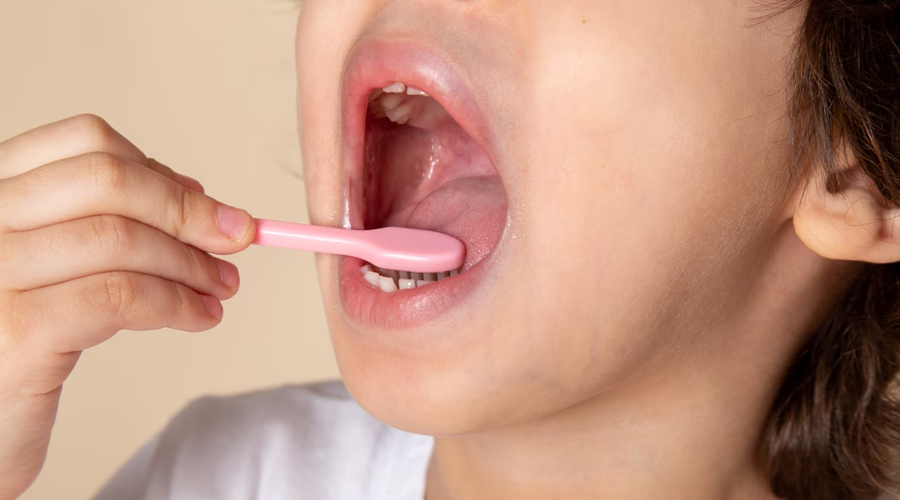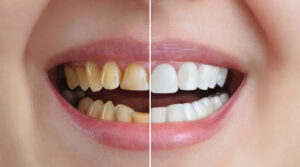Saliva is essential to cleanse and moisten our mouth. It also helps in digesting the food and prevents infection by controlling the development of bacteria. When less saliva is produced, your mouth becomes dry.
Causes of Dry Mouth:
1. Certain medications
The side effect of various prescribed and non-prescribed drugs lead to dry mouth. It can also be a side effect of sedatives and muscle relaxants.
2. Infections and diseases
Dry mouth can also be a side effect of various medical conditions like Alzheimer’s disease, HIV, diabetes, cystic fibrosis, anemia, rheumatoid arthritis, Parkinson’s disease, hypertension, stroke, and mumps.
3. Certain medical treatments
Any kind of damage done to the salivary glands can hamper the production of saliva. Also surgically removing saliva glands lead to dry mouth.
4. Nerve damage
Nerve damage due to surgery or injury can cause dry mouth.
5. Dehydration
Excessive sweating, fever, vomiting, blood loss, diarrhea and burns lead to dehydration which causes dry mouth.
6. Lifestyle
Your lifestyle also affects your body largely. Chewing tobacco or smoking can also affect the stimulation of saliva. Breathing with open mouth can also lead to dryness.
What Are the Symptoms of Dry Mouth?
The common symptoms of dry mouth include:
- Continuous thirst
- Sticky feeling in the mouth
- Cracked lips and sores in the mouth
- Dry mouth
- Burning sensation in the mouth particularly on tongue
- Red, dry and raw tongue
- Problem in chewing, tasting and swallowing
- Dry nasal passage
- Foul breath
Apart from the above mentioned symptoms, dry mouth can also give rise to gum disease or gingivitis, mouth infections, tooth decay and many other dental problems. Wearing dentures also become problematic when you have dry mouth.
How to treat dry mouth?
The best way to treat the issue of dry mouth is by consulting your dentist in UK. If you feel your medications are making your mouth dry then you can consult your doctor. He might switch the medicines and give you a different drug if possible. Your dentist might also recommend an oral rinse which will restore the moisture in your mouth.
You can also follow these steps to increase the flow of saliva in your mouth:
- Drink plenty of water
- Chew sugar free gum and candy
- Use a fluoride rinse and brush with fluoride toothpaste
- Avoid breathing with your mouth
- To add moisture to the bedroom air, use room vaporizer
- Use a prescribed artificial saliva substitute
- Visit your dentist regularly





